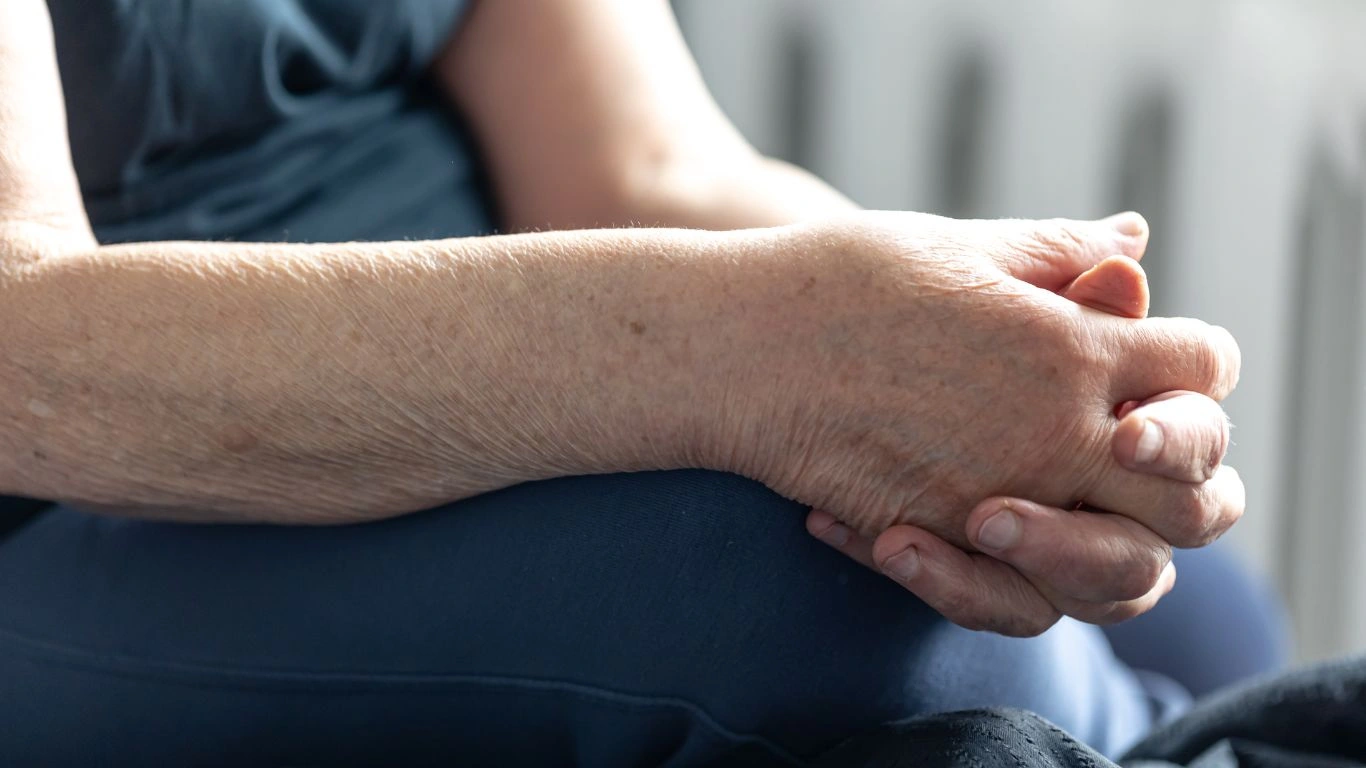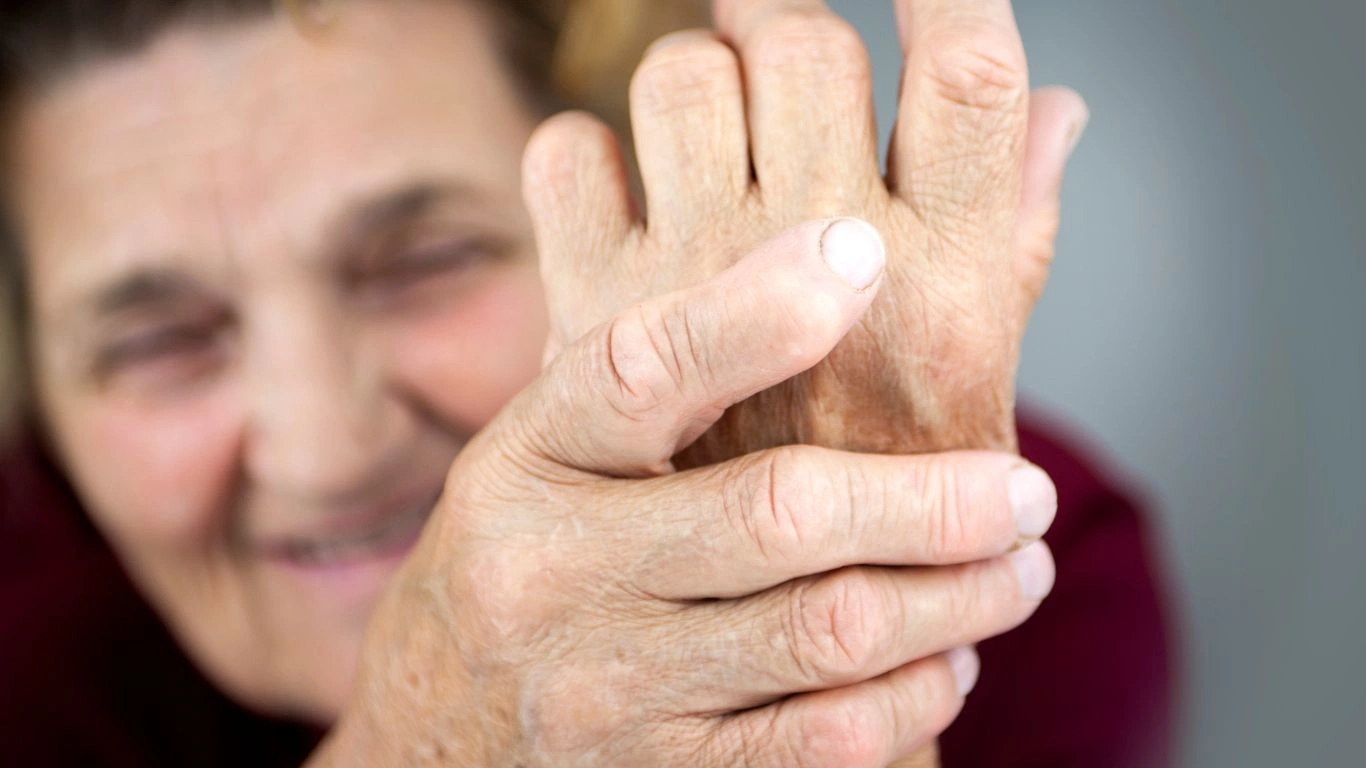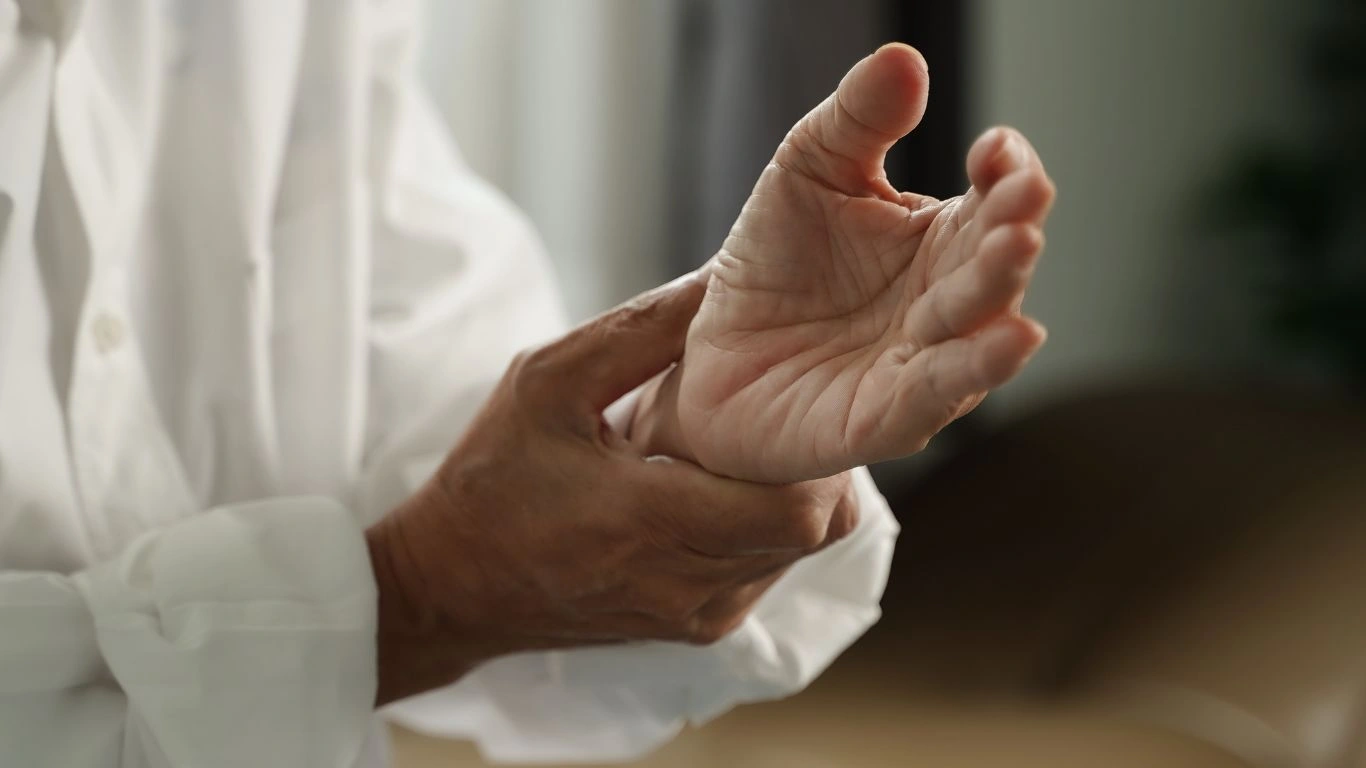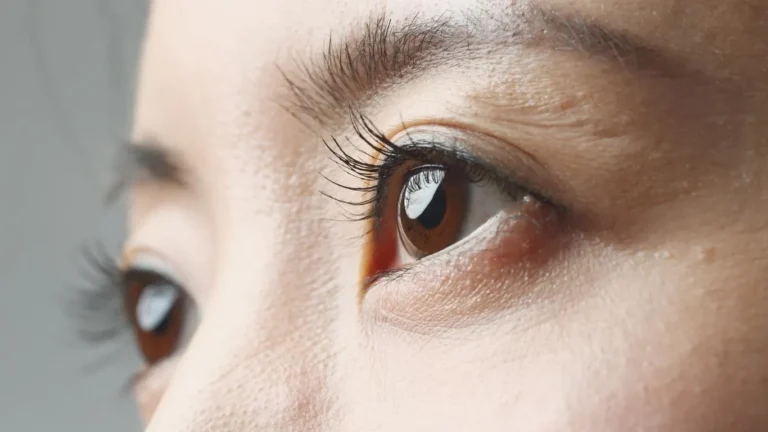The Hidden Link Between Rheumatoid Arthritis and Depression: What You Need to Know
Rheumatoid arthritis (RA) and depression might seem like two separate battles, but let me tell you—they are more connected than most people realize. As someone who has worked closely with RA patients for years, I’ve seen firsthand how this autoimmune condition doesn’t just attack the joints; it takes a toll on the mind, too. The constant pain, fatigue, and unpredictability of RA create a perfect storm for depression, leaving many people feeling stuck in a cycle that’s tough to break. I’ve had patients who came in thinking their sadness was just part of “having a bad day,” only to realize their mental health was deeply intertwined with their RA. Let’s dive into how these two conditions are linked and what you can do about it.
Understanding the Connection Between Rheumatoid Arthritis and Depression

When we talk about rheumatoid arthritis, we often focus on the physical symptoms—joint pain, stiffness, inflammation. But what about the mental toll? The reality is, depression is far more common in RA patients than most people think. In fact, studies suggest that nearly 40% of people with RA experience significant depressive symptoms at some point.
Why is that? A few reasons:
- Chronic Pain: Living with persistent pain wears down even the strongest minds.
- Fatigue and Sleep Issues: RA-related inflammation and pain can lead to sleep disturbances, making it even harder to feel mentally well.
- Loss of Independence: Many people with RA struggle to do things they once enjoyed, leading to frustration and sadness.
- Social Isolation: Skipping events because of pain or fatigue can make people feel cut off from friends and family.
Personally, I’ve had patients describe their RA like an “unwelcome shadow” that follows them everywhere—not just physically, but emotionally, too. They want to stay positive, but the daily struggle makes it incredibly difficult.
How Inflammation Affects Your Mood

Here’s something most people don’t realize: inflammation doesn’t just damage your joints—it impacts your brain, too. RA is an autoimmune disorder, meaning your immune system mistakenly attacks your own body. This triggers the release of inflammatory chemicals called cytokines, which are known to contribute to depression.
Think of cytokines as tiny messengers that tell your body to stay inflamed. But they don’t just stay in your joints—they travel to your brain, disrupting neurotransmitters like serotonin and dopamine, which are crucial for mood regulation.
Ever notice how when you have the flu, you feel down, sluggish, and irritable? That’s inflammation affecting your brain. Now imagine that happening every single day—that’s the reality for many RA patients.
The Role of Stress in Worsening Both Conditions

Stress is a major player in both RA and depression. I’ve seen it time and time again—patients who experience a stressful event, like a job loss or a family crisis, suddenly find their RA symptoms flaring up like wildfire. This isn’t a coincidence.
How Stress Triggers RA and Depression
- Stress Releases Cortisol: Chronic stress floods your body with cortisol, a hormone that can suppress the immune system but, over time, make inflammation worse.
- It Lowers Pain Tolerance: Stress makes you more sensitive to pain, meaning even minor RA flare-ups can feel unbearable.
- It Disrupts Sleep: Poor sleep fuels both RA symptoms and depression, creating a vicious cycle.
One of my patients once told me, “RA was bad enough, but when I lost my job and the stress hit, I felt like I couldn’t move without hurting.” That’s the power of stress—it amplifies everything.
Breaking the Cycle: Managing Both Rheumatoid Arthritis and Depression

Alright, we’ve established that rheumatoid arthritis and depression go hand in hand for many people. The next question is: what can we do about it? The good news? There are ways to break the cycle, even when it feels impossible. Over the years, I’ve worked with patients who thought they’d never feel like themselves again—until they found strategies that actually worked.
The key is to approach it from multiple angles. You can’t just treat the joints and ignore the mind, and you can’t just work on mental health while neglecting physical symptoms. It’s about balance. Here’s what can help:
1. Exercise—Yes, Even When You Don’t Feel Like It
Look, I know the last thing you want to do when your joints feel like they’re on fire is move. But trust me, even a little bit of movement can make a world of difference. Exercise releases endorphins—natural mood boosters—and helps reduce inflammation.
I’ve had patients start with just gentle stretching or short walks, and they were shocked at how much better they felt. The trick is to find something that doesn’t feel like a chore.
- Swimming: Low impact and easy on the joints.
- Yoga: Helps with flexibility and stress management.
- Strength Training: Light resistance bands can help support your joints.
2. Anti-Inflammatory Diet: Food as Medicine
What you eat plays a huge role in both RA and depression. A diet high in processed foods and sugar can fuel inflammation, while an anti-inflammatory diet can work wonders.
Some powerhouse foods include:
- Fatty fish: Salmon, sardines, and mackerel are loaded with omega-3s.
- Leafy greens: Spinach and kale help fight inflammation.
- Berries: Packed with antioxidants that support brain health.
- Turmeric: A natural anti-inflammatory spice (try it in tea!).
One of my patients used to rely on fast food because cooking was too exhausting. Once she started meal prepping anti-inflammatory foods, her pain levels and mood improved dramatically. It’s about small, manageable changes.
Medication and Therapy: Finding the Right Balance

Let’s talk about treatment options. Many people with RA hesitate to take medication for depression because they don’t want to “depend” on it. But here’s the reality: sometimes, it’s necessary—just like RA meds are necessary to control joint damage.
Medications That Can Help
There are several options available:
- Antidepressants: SSRIs (like Prozac or Zoloft) can help balance brain chemistry.
- DMARDs (Disease-Modifying Anti-Rheumatic Drugs): These target the root cause of RA.
- Biologics: Advanced treatments that help reduce inflammation systemically.
One of my patients resisted taking an antidepressant for years. When she finally tried it, she told me, “I wish I had done this sooner.” It didn’t cure everything overnight, but it gave her the motivation to start exercising, eating better, and managing stress—all things that helped her RA, too.
Therapy: A Game Changer
Seeing a therapist or counselor can be just as important as medication. Cognitive Behavioral Therapy (CBT), in particular, helps rewire negative thought patterns that make RA and depression feel even worse.
Plus, support groups (both in-person and online) can be a lifesaver. Talking to others who truly understand what you’re going through can be incredibly validating.
Mind-Body Techniques: More Than Just “Woo-Woo” Stuff

If you had told me years ago that meditation and breathwork could help RA patients, I probably would have raised an eyebrow. But after seeing it work firsthand, I’m a believer.
Stress-Relieving Techniques That Work
- Guided Meditation: Apps like Headspace or Calm make it easy to start.
- Deep Breathing Exercises: Box breathing (inhaling for 4 seconds, holding for 4, exhaling for 4) can calm the nervous system.
- Acupuncture: Some patients swear by it for pain relief.
One patient of mine, who had struggled with RA-related anxiety for years, started a simple 5-minute meditation routine every morning. She told me it helped her feel more in control—not just of her emotions, but of her pain, too.
Building a Support System: You Don’t Have to Do This Alone

Dealing with rheumatoid arthritis and depression isn’t something anyone should have to navigate alone. In my experience, one of the biggest game-changers for people is having a strong support system—whether that’s friends, family, doctors, or even online communities.
I’ve had patients tell me they didn’t want to “burden” their loved ones, but here’s the thing: you’re not a burden. Chronic illness is tough, and the people who care about you want to help. The trick is figuring out how to ask for the right kind of support.
Who Can Be Part of Your Support System?
- Family & Friends: Let them know when you need help—whether it’s with errands, cooking, or just a listening ear.
- Doctors & Therapists: Having the right medical team makes a huge difference. If your doctor dismisses your concerns, find another one.
- Support Groups: Whether in-person or online, talking to people who truly understand what you’re going through can be incredibly validating.
- Professional Caregivers: If RA has made daily tasks difficult, hiring help (even part-time) can take off some of the pressure.
One of my patients joined a Facebook group for people with RA, and she told me it was life-changing. Just knowing she wasn’t alone in her struggles gave her the motivation to keep going.
Improving Sleep: The Overlooked Factor in RA and Depression

We need to talk about sleep. Poor sleep can make RA symptoms worse, increase inflammation, and contribute to depression. But let’s be honest—sleeping well when you’re in pain isn’t easy.
Tips for Better Sleep with RA
- Invest in a Good Mattress: A medium-firm mattress can provide the right balance of support and comfort.
- Use a Heated Blanket or Warm Bath: Heat therapy before bed can relax stiff joints.
- Stick to a Routine: Going to bed at the same time each night helps regulate your sleep cycle.
- Limit Screens Before Bed: Blue light messes with melatonin production—try reading a book instead.
- Consider a Weighted Blanket: Some people find that the gentle pressure helps with relaxation and anxiety.
I had a patient who struggled with sleep for years. Once she switched to a memory foam mattress and started using a heating pad at night, she told me she was finally getting the rest she desperately needed. Sometimes, small changes make a big difference.
Small Wins Matter: Celebrate Your Progress
Living with RA and depression can feel like an uphill battle. But you know what? Every step forward—even the tiniest one—is a win. It’s easy to focus on what you can’t do anymore, but what about the things you still can?
Ways to Track and Celebrate Progress
- Keep a journal of “good days” to remind yourself that they exist.
- Set small, realistic goals (like walking for 10 minutes or cooking a healthy meal).
- Recognize when you’re having a better mental health day—even if it’s just feeling a little lighter.
I remember one patient who was devastated when she could no longer run marathons. But instead of giving up, she found joy in swimming and yoga. She told me, “It’s not what I planned, but it’s still movement, and that matters.”
Final Thoughts: There’s Hope, Even on the Hard Days
Rheumatoid arthritis and depression are tough, no doubt about it. But there is hope. The right combination of medical care, lifestyle changes, and support can make a huge difference. And most importantly—you are not alone.
So, if today feels hard, take a deep breath. Do one small thing for yourself. And remember: progress isn’t about perfection. It’s about finding ways to live well, even with RA.
References
Disclaimer
This article is for informational purposes only and should not be considered medical advice. If you are experiencing symptoms of rheumatoid arthritis or depression, consult a healthcare professional for personalized treatment options.

Tarra Nugroho is a dedicated Nurse Practitioner with a strong foundation in family and preventive care. She brings both compassion and clinical expertise to her practice, focusing on patient-centered care and health education. As a contributor to Healthusias.com, Tarra translates medical knowledge into clear, empowering articles on topics like women’s health, chronic disease management, and lifestyle medicine. Her mission is simple: help people feel seen, heard, and informed—both in the clinic and through the content she creates. When she’s not caring for patients, Tarra enjoys weekend hikes, plant-based cooking, and curling up with a good health podcast.







